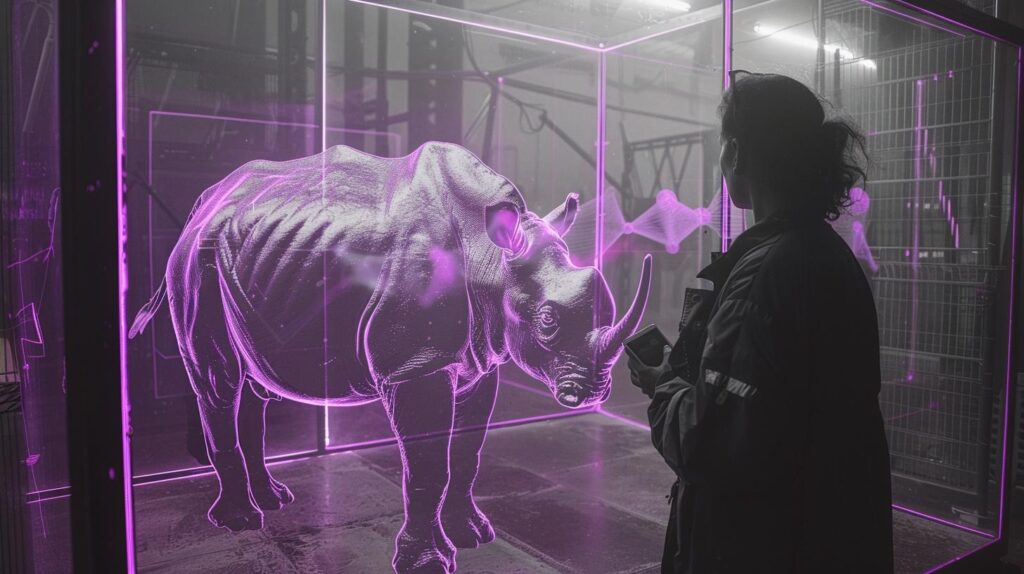The Coller Dolittle Challenge aims to foster communication between humans and animals through innovative use of artificial intelligence, offering a $10 million prize. Despite advancements in decoding non-human communication signals, ethical concerns linger about the relationship between AI and animal welfare.
A $10 million prize, named the Coller Dolittle Challenge for Interspecies Two-Way Communication, has been launched by the Jeremy Coller Foundation and Tel Aviv University. This initiative aims to enable real conversations between humans and animals, leveraging the potential of artificial intelligence (AI) to achieve this goal.
The challenge, inspired by the concept of Dr. Dolittle, offers either a $10 million equity investment or a $500,000 cash prize for a successful solution. Annual prizes of $100,000 will also be provided to researchers developing scientifically rigorous models and algorithms to facilitate coherent communication with non-human organisms.
Submissions for the prize, which close on July 31, must be non-invasive, applicable across various contexts, and based on animals’ natural communication signals. The grand prize criteria are expected to be announced within two to three years.
Professor Yossi Yovel from Tel Aviv University, the chair of the Coller Dolittle Prize, has highlighted recent advancements in the understanding of non-human communication patterns. Notable developments include machine-learning algorithms that translate bat squeaks and decode the emotions of pigs and rodents. The Earth Species Project, a California-based non-profit, is also working in this field.
Prominent figures contributing to this initiative include musician Peter Gabriel, co-founder of Interspecies Internet, who emphasizes the potential of this research to deepen our understanding of animal intelligence and communication.
However, some experts, like Dr. Katherine Herborn and Robert Seyfarth, have raised ethical questions and concerns about whether AI alone can truly grasp the complexities of animal communication. While AI may assist in decoding these signals, the broader implications for animal welfare and ethical considerations remain subjects of discussion.










